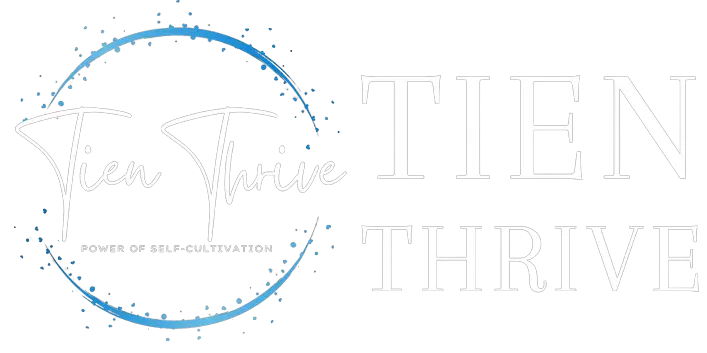Embarking on a journey of personal growth begins with identifying your core values and setting meaningful goals that align with those values. In this chapter, we’ll discuss strategies to help you uncover your authentic self, assess your current situation, and turn your dreams into actionable goals.
1.1 Uncover Your Authentic Self: Reflect on Your Core Values for Personal Growth
Understanding your core values is crucial for personal growth, as they act as a compass, guiding you toward a life of purpose and fulfillment. To uncover your authentic self, start by reflecting on your beliefs, passions, and what you consider essential in life. For example, you might value family, integrity, or creativity.
A real-life scenario might be someone who realises their core values include health and wellness. They might decide to prioritise a healthy lifestyle, incorporating regular exercise and balanced nutrition into their daily routine.
1.2 Take Action: Assess Your Current Situation with Our Comprehensive Tools and Exercises
After identifying your core values, it’s essential to assess your current situation and how well it aligns with those values. This process involves using various tools and exercises to evaluate different aspects of your life.
Value assessment tools, such as questionnaires or self-reflection exercises, can help you gain a better understanding of your values and goals. For example, a value assessment might reveal that you value financial security, leading you to set goals related to saving money and investing.
Personality assessments, like the Myers-Briggs Type Indicator or the Enneagram, can provide valuable insights into your strengths and weaknesses. Understanding these aspects of your personality can help you set appropriate goals and develop strategies for personal growth.
Career assessments, such as the Strong Interest Inventory or the Holland Code, can help you identify career paths that align with your values, skills, and interests. Armed with this information, you can set career goals that contribute to your overall personal growth.
Worksheets and templates can help you stay organized and focused on your goals. For example, you might use a goal-setting worksheet to break down a larger goal into smaller, actionable steps or track your progress toward achieving a specific objective.
Mindfulness and self-reflection exercises can help you develop a deeper understanding of yourself and your values. Regular meditation, journaling, or simply setting aside time for quiet reflection can lead to increased self-awareness and personal growth.
1.3 Turn Your Dreams into Actionable Goals: A Guide to Effective Goal Setting and Prioritisation
Once you’ve identified your core values and assessed your current situation, it’s time to transform your dreams into actionable goals.
Start by prioritizing your goals based on their importance and alignment with your core values. Focus on the goals that will have the most significant impact on your personal growth and overall well-being.
Setting SMART goals ensures that your objectives are clear, actionable, and attainable. For example, instead of setting a vague goal like “save more money,” try setting a SMART goal like “save $5,000 in 12 months by cutting unnecessary expenses and increasing my income.”
Breaking down your goals into smaller, more manageable steps makes them less daunting and easier to achieve. For instance, if your goal is to run a marathon, break it down into smaller milestones, such as completing a 5K, 10K, and half-marathon, before tackling the full marathon.
Personal growth is an ongoing process, and it’s essential to remain open-minded and flexible as you work towards your goals. Be prepared to reassess your objectives and make adjustments as needed, and embrace the learning opportunities that arise along the way.
For example, if you encounter an unexpected obstacle or setback, view it as a chance to learn and grow rather than a reason to give up. By maintaining an open-minded and adaptable mindset, you’ll be better equipped to overcome challenges and continue on your journey of personal growth.
For example, if you encounter an unexpected obstacle or setback, view it as a chance to learn and grow rather than a reason to give up. By maintaining an open-minded and adaptable mindset, you’ll be better equipped to overcome challenges and continue on your journey of personal growth.
In conclusion, understanding your core values and setting purposeful goals is the foundation for personal growth. By using the tools and strategies outlined in this chapter, you can take control of your life’s direction and make meaningful progress towards becoming the best version of yourself.
© 2023 Tien Thrive | Powered by Tien Thrive




